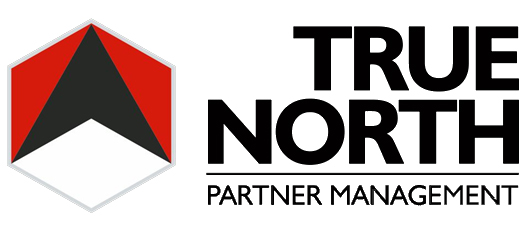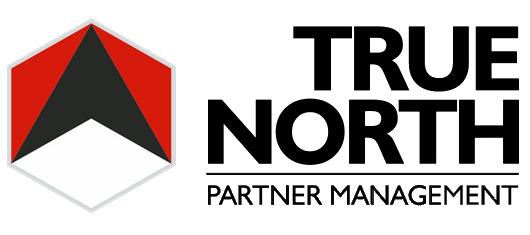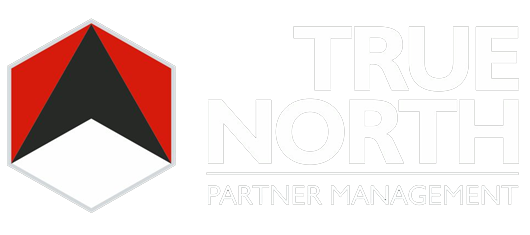The following post originally appeared on Forbes | March 30, 2015
In an increasingly populated media environment, it is a challenge to conceive and produce multi-season, award-winning programming. As the company behind the Emmy-winning A&E Series Intervention, GRB Entertainment has a nose for interesting programming. Gary R. Benz, their president and CEO, gives us a view into their world. See our exchange below:
One Today’s Reality Television Palette
Parnell: At a higher level, can you categorize today’s unscripted television palette? The different types of shows and perhaps the higher-level attributes that define them?
Benz: There currently is a huge variety of options, but the audience has become savvier and can recognize when characters are authentically related to the world they are representing, or if it is a farce.
On Commonalities Between Successful Shows
Parnell: The successful, long running shows; why do you think they get multiple seasons? What are the attributes that continue to capture viewership?
Benz: The factors that can lead to the success of a series can be multi-faceted. They may break new ground, like Intervention, Naked and Afraid, or Married at First Sight. They may take us on a sentimental journey down memory lane, like [Investigation Discovery’s] A Crime To Remember. Or a series may feature characters whose moral positions you respect or admire, like A&E’s Duck Dynasty. A series may capture our imagination and reveal worlds we never knew existed, like Gold Rush or Swamp People, or they may strike a chord in viewers like Tiny Home Nation or Shark Tank.
But while these series cover a myriad of genres, what all of them have in common is great production value, great story telling, and they deliver 100 percent on their premise.
On Attributes He Looks For In A Pitch
Parnell: Thinking about what captures people’s attention in general, what would you say that is? What would be some of the most important attributes that you’d want to see in a pitch, for instance, that you believe a network would want to buy?
Benz: We always look to bring the networks and their viewers unique worlds and unique characters that they have never heard about or seen before. Any idea we pitch needs to be remarkable; something that cuts through the haze of the ordinary. I’d say that this is an increasingly difficult thing to do. The networks and viewers have seen pretty much everything!
So how do you make your concept standout and feel different from other pitches? I’d say it is in the way the concept or the characters are formatted, packaged, or framed. The format, or hook, to the show is becoming vital. For example, do you pitch a crime show where the story is told in reverse, like [Investigation Discovery’s] Redrum? Or do your characters sing their interviews, like TruTV’s reality musical series Branson Famous? Or do you have shock appeal, like WE tv’s Sex Box? In short, ideas are good; but good ideas with a great hook are what get bought.
On Evolving With The Landscape
Parnell: As a production company, how are you looking to keep up with the shifting landscape? New technologies? Different types of talent? Things like that…
Benz: We are looking for ways to really capture the usage of the second screen: phones, computers, etc. Networks are really looking to find ways to engage their audience, not only on the “weekly” television show, but throughout the week, and on a digital platform. As audiences adopt new ways of viewing content, networks are looking for programs that utilize the multi-screen experience, and are something we think of when developing content.
On Challenges In The Industry
Parnell: What are the two biggest challenges that you face in the industry? How are you tackling them?
Benz: Engaging and retaining audiences, and uncovering a new subculture that has not been over exposed. As we look for characters and subcultures, we try to find a unique lens or reason in time—legalization of pot, for example—that audiences will resonate with in a specific show.
On Social Media’s Effect On TV
Parnell: I see social media being combined with unscripted TV; tweets scrolling across the screen, for example. How does this affect the production of the show? Do these influence future decisions on production?
Benz: Networks are looking to partner with talent who have a significant social media presence; who will be an additional asset to the success of a show. Social media has become a way to “connect” with their audience and engage them to continue watching and coming back each week.
On Intervention’s Success
Parnell: Talk to me about Intervention. What is it about the show that you believe makes it so successful?
Benz: It’s raw and relatable. The authenticity of the show’s participants and the addictions shown most likely resonate with someone in your life—your parents, grandparents, siblings, other relationships—and it gives you a tool to help identify addiction early on, and to know how to get your loved one help.
On Where Entertainment Is Heading
Parnell: Where do you see entertainment heading? For example, what will the average home look like ten years from now, where in-home entertainment is concerned?
Benz: The TV landscape will be very different. As programming becomes more of an à la carte option, I’m curious to see what will happen to the more niche channels as well as the majors. Content owners will likely seek a Netflix model and release episodes that are conducive to binge watching on any platform. In-home and personal screen entertainment options will likely be available to anyone willing to pay for, or steal, their favorite content.



